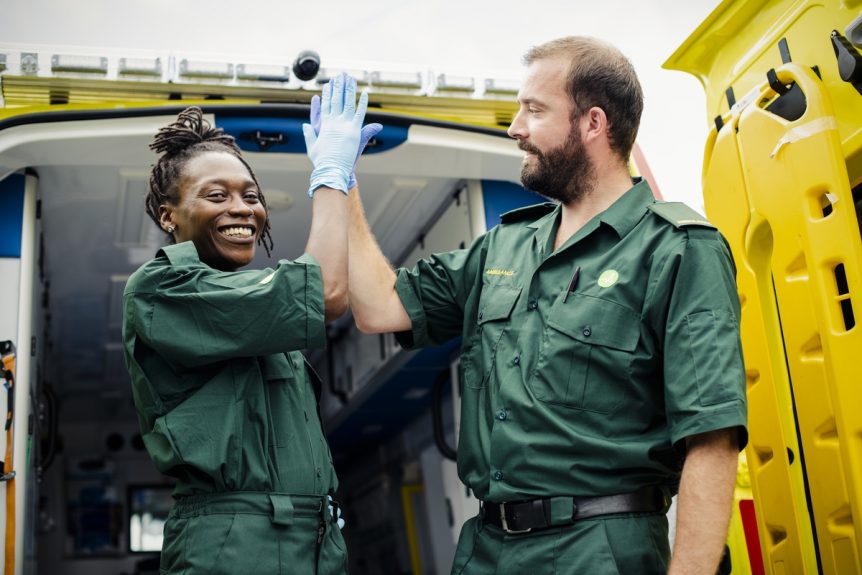Being a First Responder during the COVID-19 pandemic can mean almost any gruesome and/or challenging responsibility. In our last 12 months, we have been in contact with and globally serving First Responders and their families with tools and skills. We’ve interacted with professionals in Kenya (yes Kenya!), the Middle East, Europe, Asia and the Pacific. It has been interesting to witness First Responders staying up all night to take our courses due to the time differences, and we’ve been pleased to start our courses (at times) at midnight!
Our hats go off to you dedicated people who interact, stay involved and diligently gather information to be the best you can be, even while the rest of your village is getting their nightly rest.
One notable interaction has been with a unit deployed to manage the overload at a big city’s Coroner’s Office. How do you prepare to go home after that? Offering a course on mindfulness and resiliency skills in a group with fellow unit members certainly helps. Research on trauma experienced by First Responders shows that support of fellow unit members has a powerful effect. Learning resiliency skills within that group adds a common language along with skills, and allows for thoughtful planning and realistic expectations about reintegration with home community and loved ones.
While all of the above can be a powerful help, additional assistance may be needed and there are great resources for discovering modalities that are helpful if trauma is significant enough that the person is experiencing intrusive recurring images. In a book (a national best seller) called The Body Keeps the Score by Bessel Van der Kolk, MD, many of these modalities are discussed.
Keep an eye out for the 2021 of our newest course, a program specifically for First Responders that includes the latest research, tools and skills on behalf of readiness/preparedness for challenging duties as well as tools and techniques for sustaining good health and well being.

